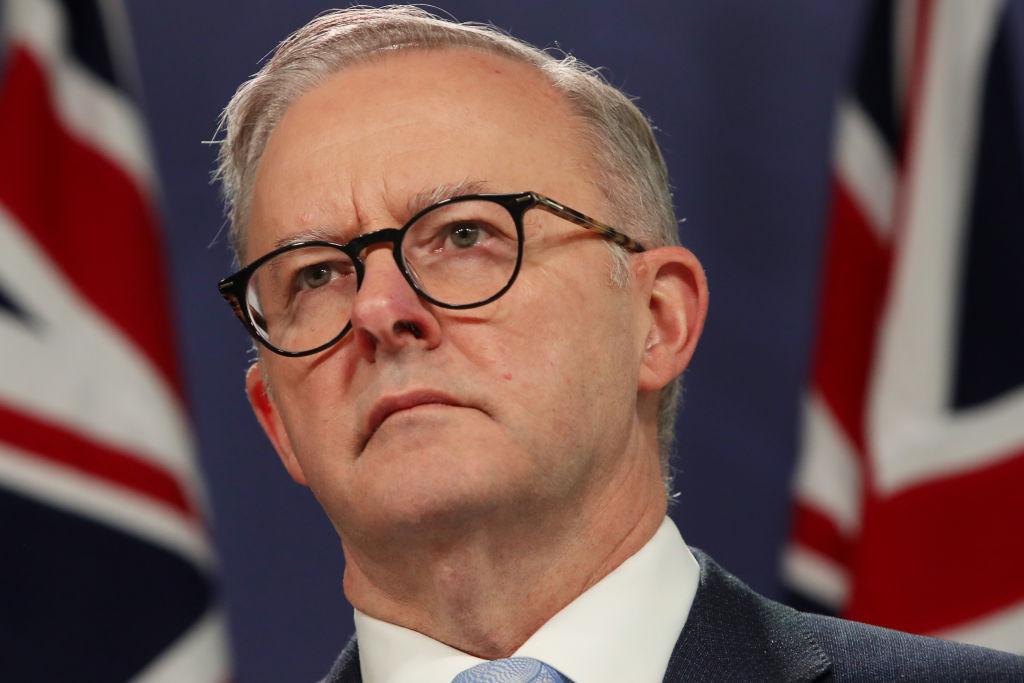Prime Minister Anthony Albanese has put fuel retailers on notice after data suggested that fuel prices were raised prior to the end of the fuel excise cut that was introduced early in the year by the former Coalition government.
Speaking to FiveAA Radio on Sept. 29, the prime minister said he was very concerned about Australians getting ripped off by fuel retailers who were taking advantage of the end of the excise cut.




